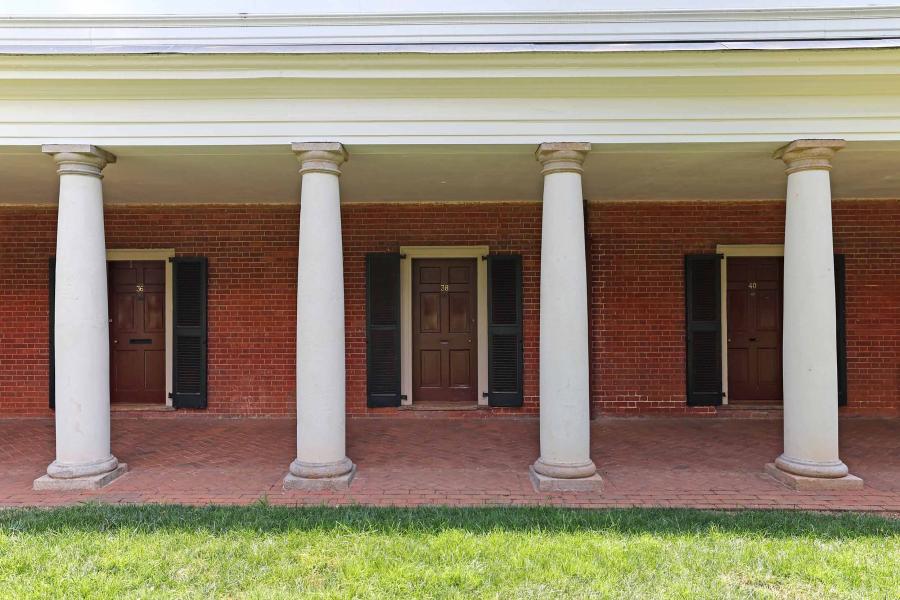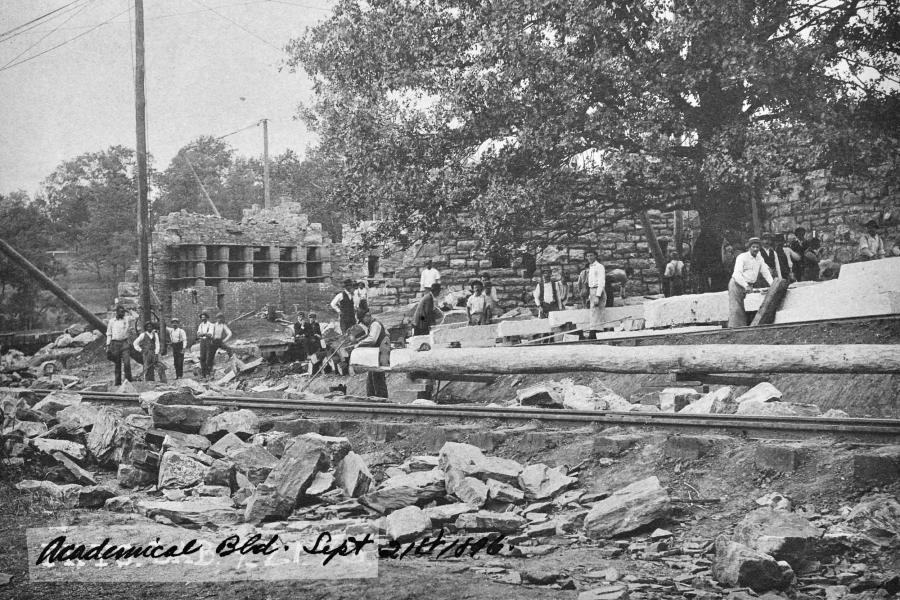Former U.S. President Richard M. Nixon is synonymous with Watergate and corruption. The burglary of the Democratic headquarters in the Watergate Hotel, and the ensuing coverup, led to the 37th president's historic resignation.
Back then, according to Nixon expert Ken Hughes of the University of Virginia's Miller Center of Public Affairs, there was no question in the White House, Congress or the Supreme Court that a former president could be prosecuted for crimes committed when he wielded the powers of the presidency. In fact, President Gerald R. Ford conceded as much when he pardoned his former boss.
But what if the new Supreme Court standard had been in place in 1974? Would the recent Trump v. United States ruling declaring that a president enjoys "absolute immunity from criminal prosecution for acts within the scope of his exclusive authority" and "at least a presumptive immunity from criminal prosecution for a president's acts within the outer perimeter of his official responsibility" have changed history?
Hughes, of the Miller Center, offered his analysis to UVA Today.
Q. If the current Supreme Court decision on presidential immunity had been decided during the Nixon administration, how would Nixon have received that news?
A. Nixon would have been astonished at this judicial largesse. The ruling would have shielded Nixon from prosecution for most of his crimes, the web of wrongdoing known as Watergate.
Let's look at one of Watergate's less flamboyant examples - the milk fund scandal. In return for the promise of a million-dollar campaign contribution from some dairy farmers, Nixon agreed to raise federal milk price supports. It was a quid pro quo, the clearest kind of corruption. Nixon got campaign money, the dairy farmers got higher federal price supports, and the victims were everyone who had to pay more for dairy products.
For Nixon, raising milk price supports was an "official act" that was "within the outer perimeter of his official responsibility." Raising milk price supports in return for a hefty campaign contribution was an impeachable offense and Congress could have impeached, convicted and removed Nixon from office just for that one misdeed. Bribery was also a felony. Under Trump v. United States, however, Nixon would have been immune from prosecution.
Q. Not long after the Watergate break-in, Nixon directed the CIA to wave off the FBI from the case. Under the current standard, would that have been an "official act" subject to immunity?
A. You're referring to the "smoking gun" tape that precipitated Nixon's resignation. It also captured another corrupt "official act."
Nixon wanted to keep secret his 1971 decision to create the Special Investigations Unit, better known as the "White House Plumbers." Nixon created the Plumbers to commit crimes - to burglarize a Washington think tank and to gather grand jury information for him to leak.

Ken Hughes is an expert in the Nixon presidency at UVA's Miller Center of Public Affairs. (Contributed photo)
Two of the Plumbers - former FBI agent G. Gordon Liddy and former CIA agent H. Howard Hunt - went on to plan the Watergate break-in in 1972. A full investigation of their crimes would lead back to Nixon's.
Nixon had a smaller, more immediate problem on June 23, 1971, less than a week after the Watergate break-in. White House Chief of Staff H.R. Haldeman told him that the FBI was on the verge of finding a $25,000 cashier's check in the bank account of one of the Watergate burglars, Bernard Barker, and that it was made out to Ken Dahlberg, the Midwest finance chairman for the Committee to Re-Elect the President. Here was evidence that the Watergate burglars were paid with Nixon campaign funds.
Haldeman suggested Nixon direct the CIA to warn the FBI against investigating further. The idea was to make the FBI think its investigation was about to uncover vital national security information. It wasn't. Nixon was just trying to hide politically damaging information.
This was a crime - obstruction of justice. If Nixon had been impeached and convicted, he also could have been criminally prosecuted under the impeachment clause of the Constitution.
The current Supreme Court majority unilaterally has changed this constitutional process. Under Trump v. United States, Nixon would have escaped criminal prosecution for the act of obstruction that ended his presidency.
Q. When the investigation began to pick up steam, Nixon ordered the firing of special prosecutor Archibald Cox. Would this have been an "official act" subject to immunity?
A. When Cox refused to end his attempts to subpoena Nixon's secretly recorded White House tapes, Nixon ordered Attorney General Eliot Richardson to fire him. Richardson refused and resigned. Nixon tried again with Deputy Attorney General William Ruckelshaus, who likewise refused and resigned. Finally, Nixon ordered Solicitor General Robert Bork to do it, and he did. This became known as the "Saturday Night Massacre."
The first Article of Impeachment drawn against Nixon was for obstruction of justice, and one of the factual bases for that charge was the president's firing of the special prosecutor.
Under Trump v. United States, Nixon would have had "absolute immunity" from prosecution for firing the special prosecutor who was investigating him.
Q. Nixon resigned rather than face impeachment and prosecution, and Ford pardoned him. What did Ford say about immunity from criminal prosecution for former presidents?
A. Nothing.
Ford's pardon proclamation makes it absolutely clear that he understood a former president could be tried for crimes committed in office.
Nothing in the pardon proclamation or Ford's address to the nation suggested that the former president enjoyed immunity from prosecution. That's because he didn't. Criminal immunity for former presidents didn't exist. It's not in the Constitution. It's not in any law passed by Congress. There was no such thing before July 1, 2024, when the Supreme Court majority invented it.









